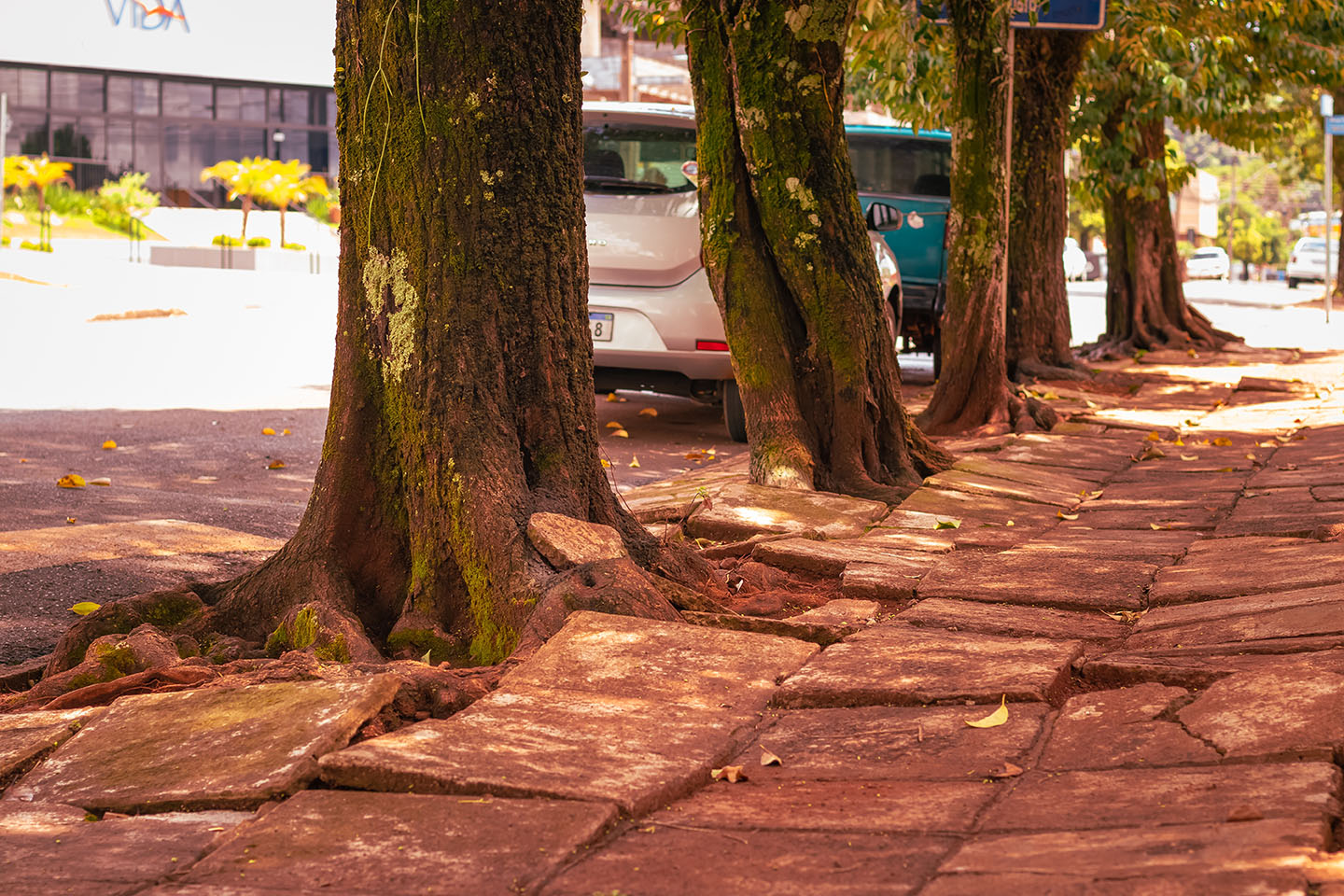

Biological weathering is a type of weathering that is caused by living organisms. It is the process by which rocks and minerals are broken down by the actions of plants, animals, and microorganisms.
There are many different ways that biological weathering can occur. For example, plants can break down rocks by their roots growing into the cracks and widening them. Animals can also break down rocks by burrowing into them or by eating them. Microorganisms can break down rocks by releasing acids that dissolve them.
Biological weathering is an important process in the formation of soil. It helps to break down rocks and minerals into smaller particles that can be used by plants to grow. Biological weathering also helps to release nutrients into the soil, which plants need to survive.
Biological weathering is an important process in the formation of soil.

Noun:
biological weathering (the process of breaking down rocks and minerals by living organisms).
Adjective:
biological weathering (of or relating to biological weathering).
Verb:
to biologically weather (to break down rocks and minerals by living organisms).
The word "biological weathering" is a compound word that comes from the Greek word bios, meaning "life," the Latin word weather, meaning "to wear away," and the suffix -ing, which indicates an ongoing process. The word "biological weathering" first appeared in English in the 19th century, and it refers to the weathering of rocks and minerals by living organisms.
What are the symptoms of biological weathering?